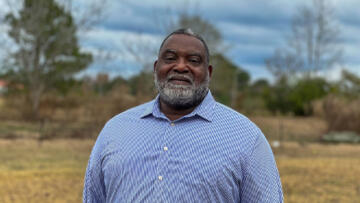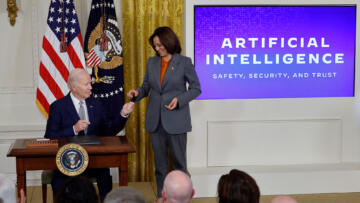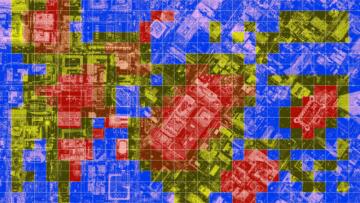
Hello World
An Essential Guide For Mindful Posting
A conversation with Whitney Phillips and Ryan Milner about how their book on teens’ responsible social media use has important lessons for digital denizens of all ages
Challenging technology to serve the public good.

Aaron Sankin reports on the intersection of technology and inequality. While at The Markup, he has focused on issues ranging from the digital divide and social media platform governance to law enforcement technology and car insurance regulation.
Before The Markup, he covered online extremism for the Center for Investigative Reporting, where he launched the Hate Report newsletter and co-created the Hate Sleuths citizen journalism initiative. Before that, he was a senior staff writer at the Daily Dot and a founding editor of the Huffington Post’s San Francisco vertical.
Aaron’s reporting has won various journalism awards, such as the Edward R. Murrow Award, the National Association of Black Journalists Salute to Excellence Award, the Sigma Award, and the SABEW Association for Business Journalists Award. His work has appeared in The New York Times, The Washington Post, The Motley Fool, and Gizmodo.
Aaron uses he/him pronouns.

Hello World
A conversation with Whitney Phillips and Ryan Milner about how their book on teens’ responsible social media use has important lessons for digital denizens of all ages

Still Loading
A Markup investigation in 2022 found households in L.A.’s poorest neighborhoods were disproportionately asked to pay high prices for slow internet service

Prediction: Bias
The Markup's investigations have shown how a predictive policing algorithm was both discriminatory and inaccurate

Gentle January
Installing patches right away will help keep you safe from hackers

18th-century German forest management explains why government websites make you want to pull your hair out

Still Loading
Across the rural South, about 38% of Black households don’t have home internet, a higher percentage than White people in the same region and the national average

Still Loading
Congress tasked the FCC with closing the digital divide. Here’s what the agency’s doing

News
The Markup gives a section-by-section breakdown of the summarized executive order on artificial intelligence

Hello World
Ask why crimes happen where they do

Show Your WorkPrediction: Bias
We found that Geolitica’s crime prediction algorithm had a success rate of less than 1% in Plainfield, New Jersey
Page 1 of 5